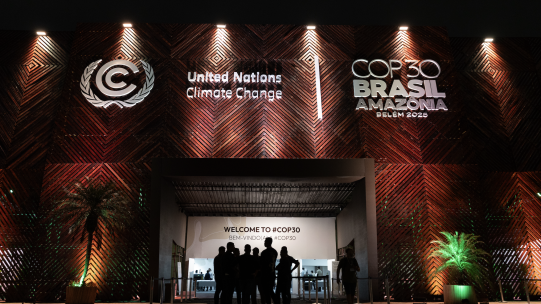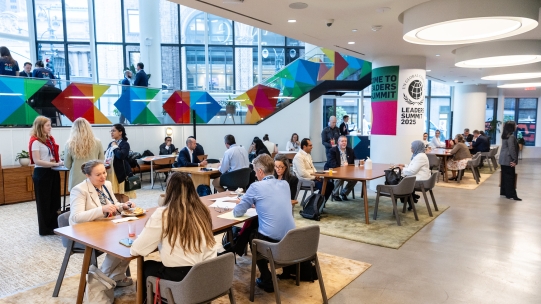Spanish companies bid ‘Adios’ to plastics in the seas
Read more
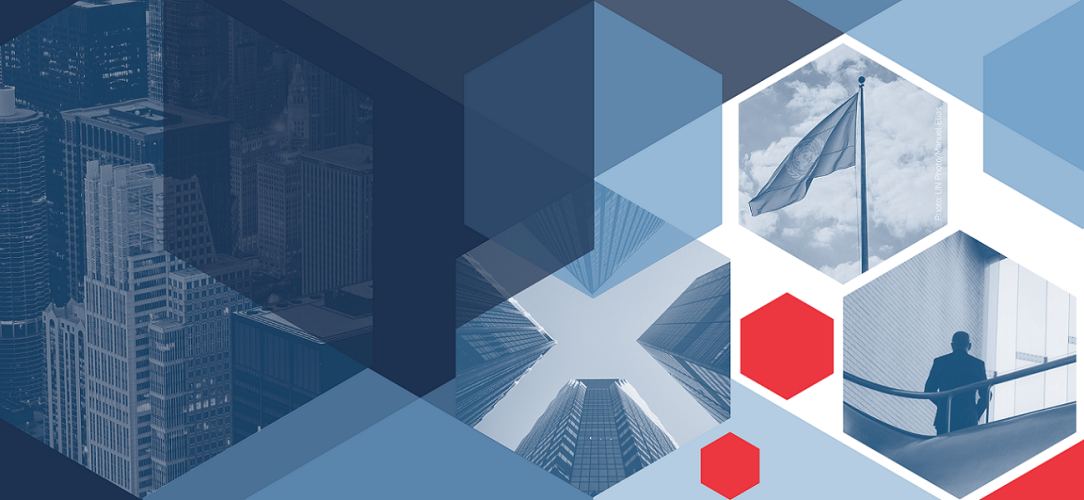
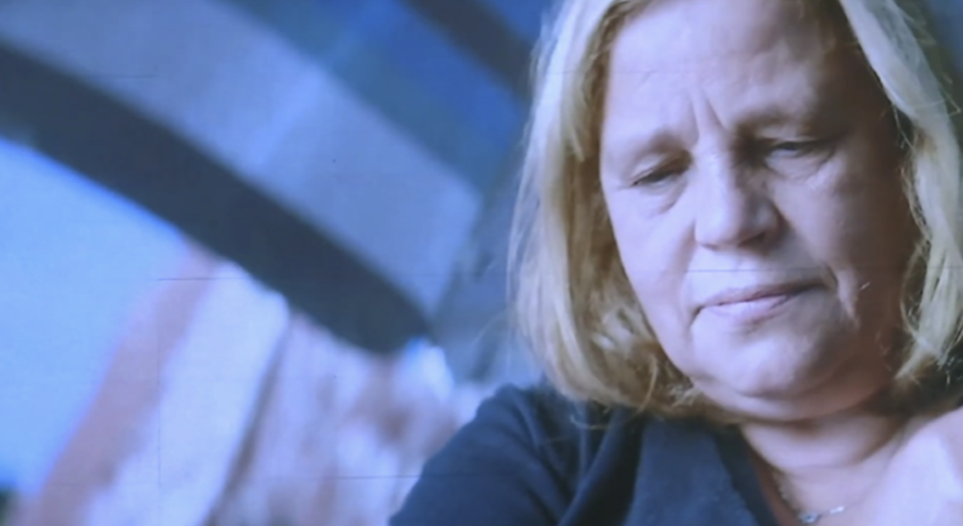
Ángeles Millét is a skilled netweaver, using her skills in new, sustainable ways.
Like many women in Galicia, Spain, Ángeles Millét is skilled in the tradition of making fishing nets.
Under a sustainability project called Redes Vivas launched by Abanca, a Galicia-based bank, she and other local women are applying their time-honored craft in new ways.
Redes Vivas recovers fishing nets left in the sea - the more than 600 thousand tons of nets discarded each year comprise 10 per cent of the ocean’s plastic waste - and uses the talents of the skilled netmakers, called redeiras in Galician, to repurpose them for athletic fields and courts.
“We were training in arts that we no longer worked on,” said Millét. “What surprised us is that we got to work to make football goals.”
The netweaving project has renewed almost a hundred soccer goals so far.
“In the end it is removing pollution from the sea to give a second life to what is harming us as a planet,” said Álex Bergantiños, a retired player with the Deportivo de La Coruña football team.
Eduard Campabadal, a former C.D. Lugo player, added: “Let future generations see that it is a doable job, and that it is important to reuse and have a sustainable planet.”
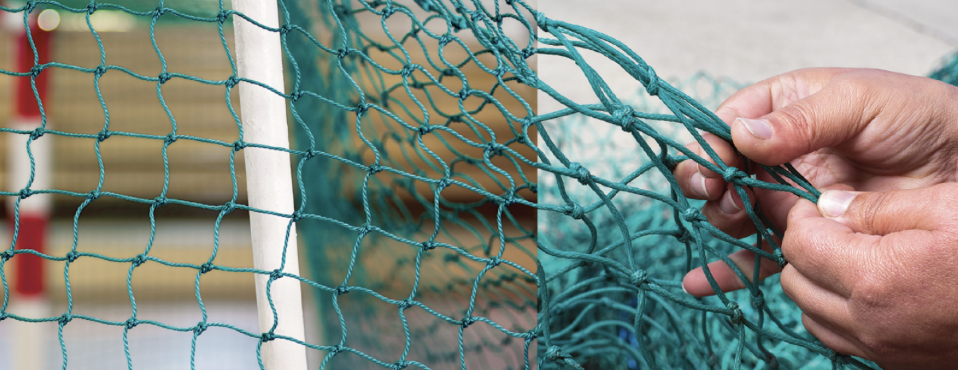
With the Redes Vivas project by Abanca, nets move to sports fields from the sea
Abanca is one of several Spanish companies, guided by their participation in the UN Global Compact, to value and address the need for plastic-free oceans. In fact, Abanca in 2020 was the first Spanish bank to sign on to the UN Global Compact’s Sustainable Ocean Principles.
“Redes Vivas allows us to provide support and make visible a traditional and local craft, with a marked feminine accent,” said María García, Abanca sustainability manager.
Also stepping up in Spain is Coca-Cola, with its Circular Seas initiative. The project is designed to address the nearly 13 million tonnes of plastic dumped into the oceans every year, the equivalent of a truckload every minute.
Circular Seas collects and treats PET plastic from the ocean and reintroduces it into the Coca-Cola value chain through the production of merchandise or in research projects.
“One of the main lines of action defined in our strategic sustainability plan focuses on achieving a world without waste, eliminating unnecessary packaging and promoting the circular economy,” said Carmen Gómez-Acebo, Director of Sustainability at Coca-Cola Europacific Partners.
Key to the project is the collaboration of the fishing community.
“This material has been obtained thanks to the efforts of fishermen. All of them are volunteers who make an extra effort to separate the waste on the boat, take it to land, dump it and ensure that this waste is appropriately managed,” said Estíbaliz López-Samaniego, project director of the Wastewater Association, a collaborator in the project.
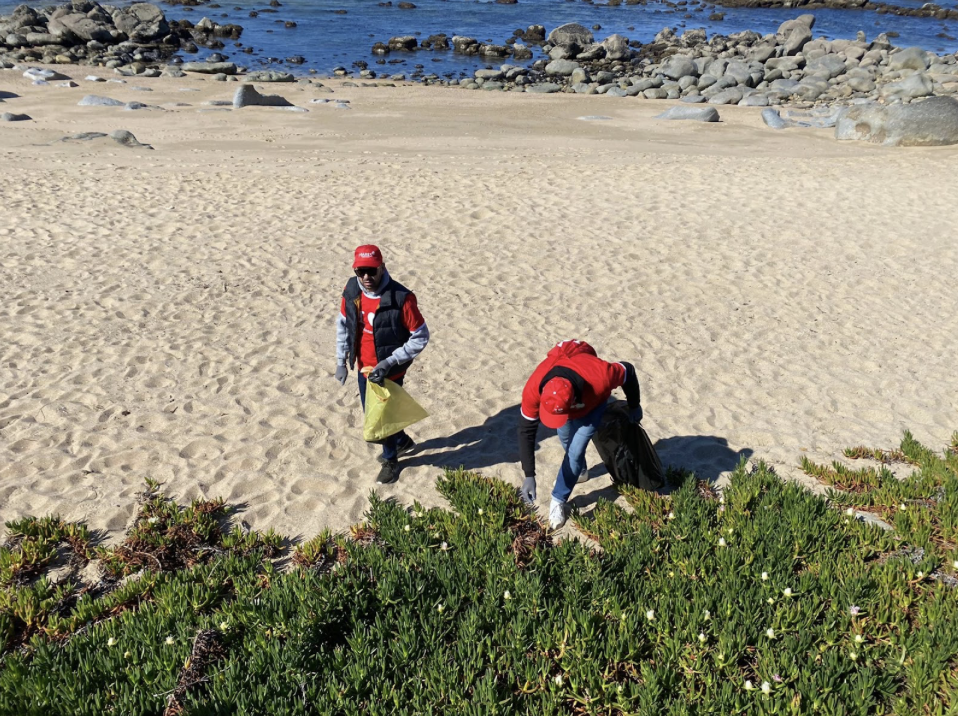
Collecting plastic waste is a major part of Coca Cola’s Mares Circulares project
Coca-Cola also supports projects and entrepreneurial initiatives such as Newmind Innovation, which is working on the possibility of manufacturing furniture from mussel shells.
“Initiatives like Circular Seas not only help preserve the marine environment but also support entrepreneurship,” said Newmind co-founder and CEO Diego Vázquez. “It promotes startups with a focus on solutions and positive impact on the care of seas and oceans.”
The initiative RepescaPlas, launched by the Plastics Technology Centre Aimplas, has found new uses for plastic waste recovered from the sea. It has developed recycled manufactured products of commercial value such as paper bins, clipboards and flowerpots as well as fuel that can be used by vessels as a result of chemical recycling.

Aimplas collects and sorts plastic from the sea
“We have been working for four years on this project to reduce marine litter, extracting between 3,000 and 5,000 kilos each year,” said Sonia Albein, main researcher of Aimplas and its Mechanical Recycling Group Leader.
Alain Afflelou launched a model of eyeglasses called H20 made from recycled plastic bottles collected from the ocean. The frames are equipped with biodegradable crystals, and the covers are made from recycled materials.
“This is more than a business to us; it is a commitment to the restoration of our marine ecosystems and the reduction of our ecological footprint,” said Eva Ivars, CEO of Alain Afflelou. “Caring for the planet and people marks all our activities. Life began in the sea and we owe it attention, care and respect for future generations”.
According to a study on the Contribution of Spanish Companies to the 2030 Agenda developed by the UN Global Compact Spain, SDG 14 on Life Below Water is the least addressed by companies.
Local Network Spain has launched a guide to good practices in ocean conservation and protection and a publication on sustainable and healthy opportunities in the blue economy. It also organizes the go!ODS Awards for innovation in sustainability, recognizing such initiatives as smart buoys, marine pollution detection systems and non-polluting marine transport.
“We need to work together to create a new balance between the business and the ocean and the marine life,” said Cristina Sánchez, CEO of Global Compact Local Network Spain. “The ocean needs to restore its brightness as it used to do in the past. It is not the place for our plastics. It is time to leave behind the theory and move to action”.
“When we think about sustainability, we usually do it in green, but it is time to think in blue too. The health of the oceans is in danger,” Sánchez said.
